Malaria parasites, do they hide from the human immune system?
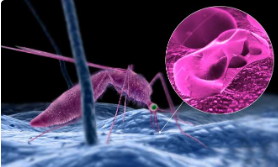
Malaria parasites survive hard times by not being too sticky. During Africa’s dry season, when mosquitoes are scarce, malaria parasites have a hard time spreading to new hosts. So the parasites hide in the human body by preventing the cells they infect from adhering to the blood vessels, in this way, the infected cells are removed from the circulation and the levels of parasites in the body remain low, which makes people get less sick and allows the parasite to persist undetected.
Doctors have long observed that symptoms of malaria, a deadly mosquito-borne infection, tend to subside during the dry season, which runs from January to May. Keeping a low profile during the dry months is a successful strategy for the parasite, knowing how malaria parasites persist without causing disease, until mosquitoes return to carry the organisms from an infected person to the next victim, could help in efforts to control malaria during the dry season.
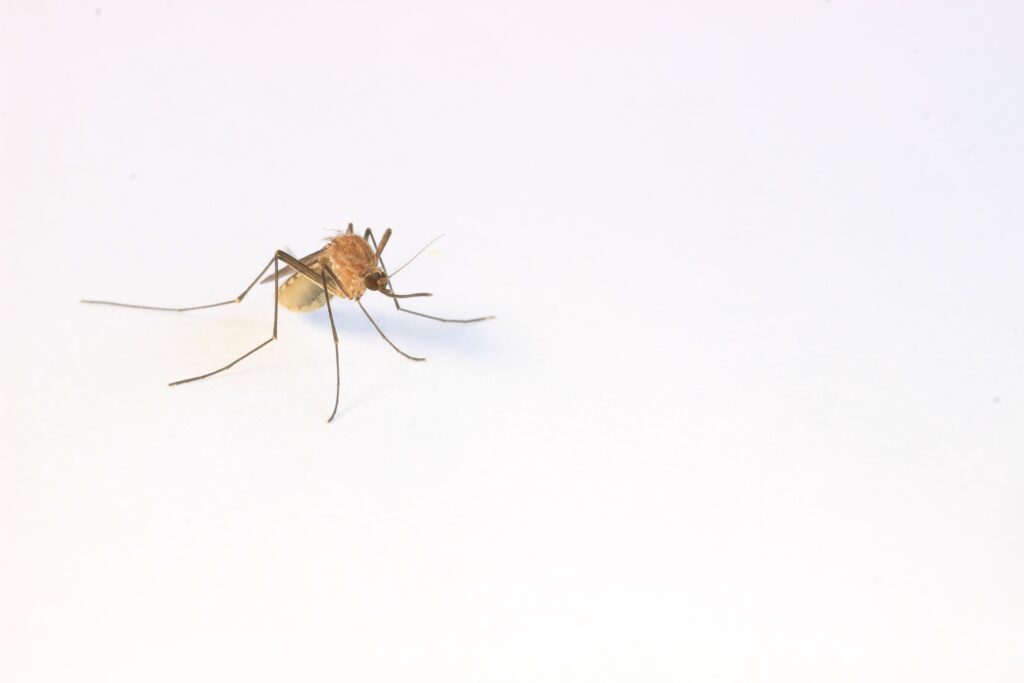
Plasmodium falciparum, the parasite responsible for malaria, infects red blood cells as part of a complex life cycle. Once inside a cell, the parasite produces proteins that attach to the outside of the cell and cause it to adhere to blood vessels so that it is not transported to the spleen, where it would otherwise be eliminated from the body.
In the dry season, 1,131 genes that were turned off in wet season parasites were turned on, another 476 were turned off in dry season parasites, suggesting that when the wet season ends, P. falciparum can alter its genetics to make red blood cells less sticky. That allows the parasite to replicate and persist without setting off alarm bells that alert the immune system to fight the infection.

Malaria-infected blood cells use certain proteins to stick to blood vessels almost like Velcro, the loss of stickiness could be due to the parasite producing less of these proteins or the proteins being different in some way.
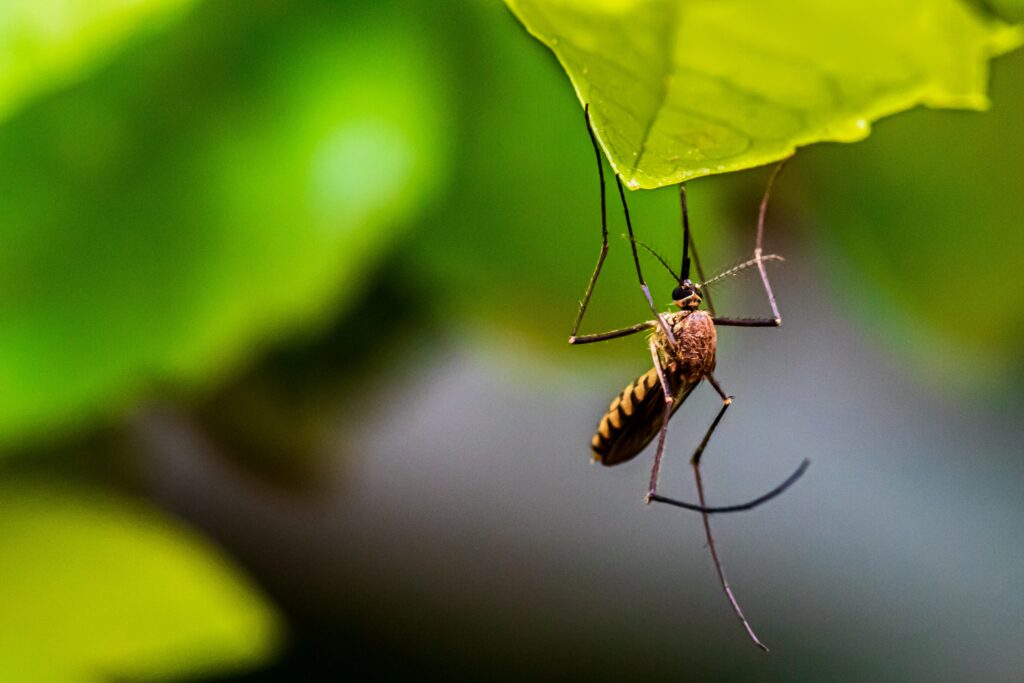
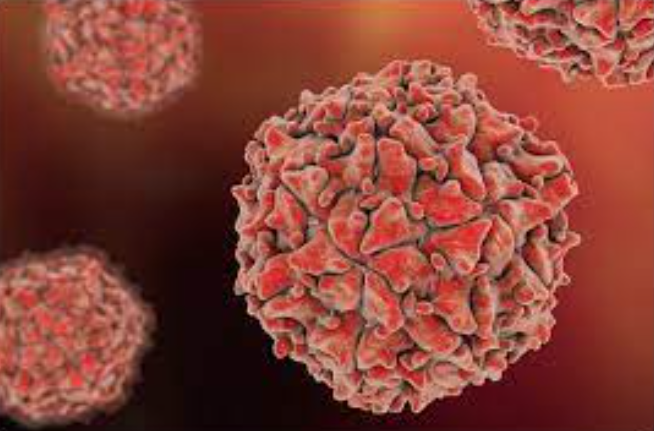

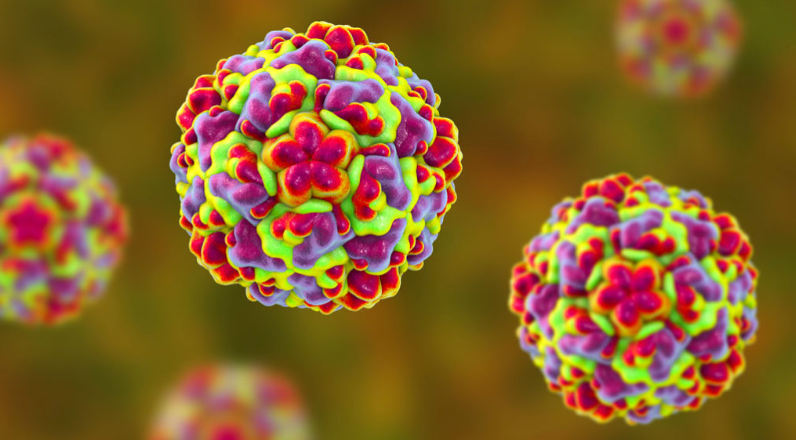

Responses